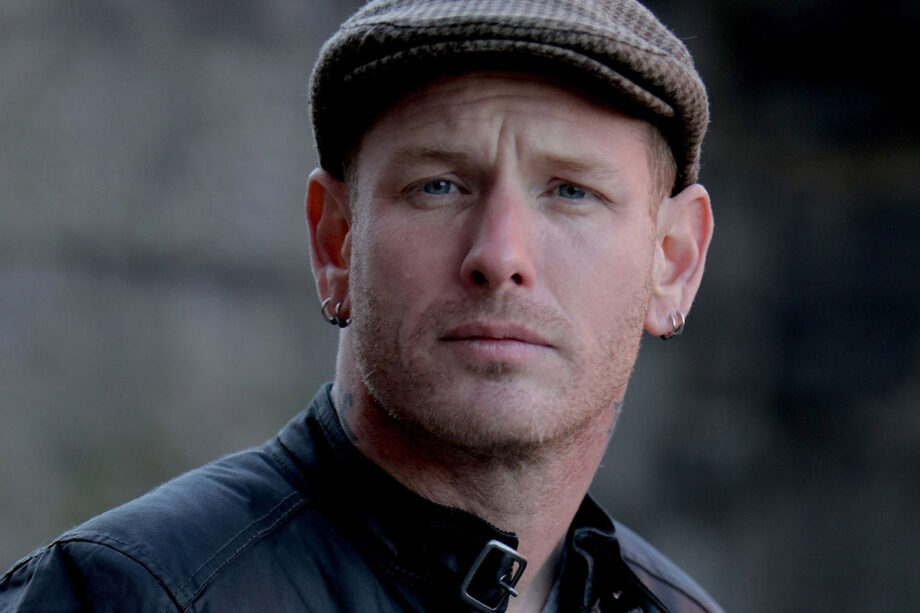Corey Taylor’s music is filled with raw emotions, and much of it comes from the struggles he faced growing up. Behind the mask and the intense stage presence is a man who endured a childhood filled with poverty, abuse, addiction, and homelessness.
A Childhood of Constant Moving
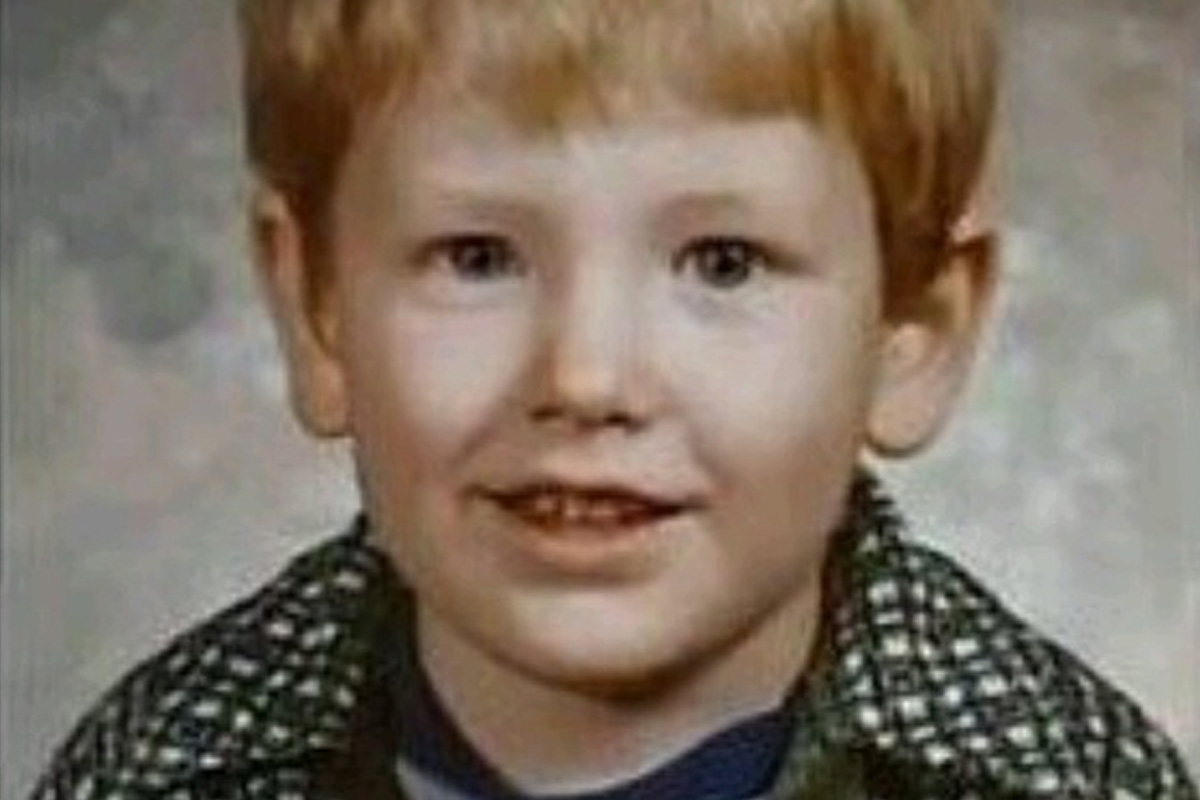
Corey Todd Taylor was born on December 8, 1973, in Des Moines, Iowa. He was raised mostly by his single mother and had a younger half-sister. His father was absent, and his family constantly moved from place to place to search for work and stability. By the time he was 15, Corey had already lived in 25 different states.
At one point in 1983, his mother and her boyfriend planned to work as security guards on actor Burt Reynolds’ ranch in Florida. However, their car broke down in Georgia while driving there. This forced them to leave behind most of their belongings. Corey never saw those things again.
Discovering Music in the Midst of Chaos
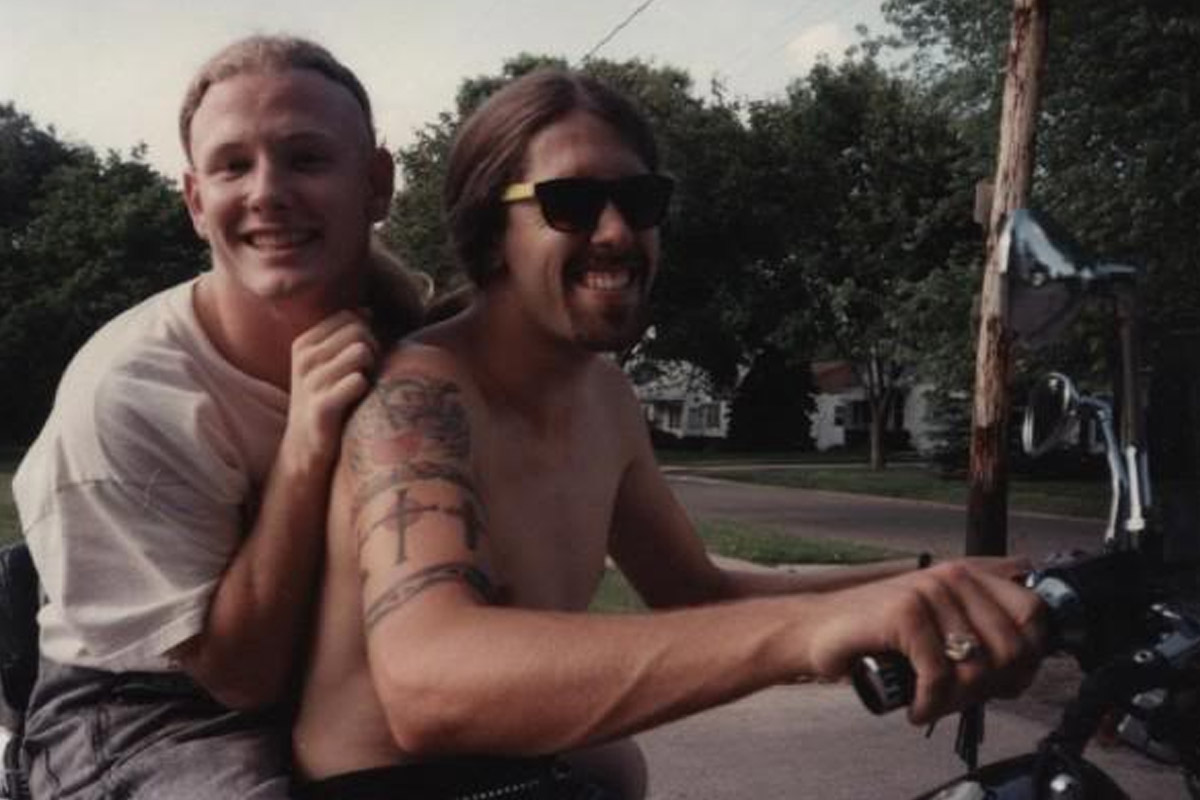
Corey found comfort in music despite the hardships. His grandmother played a big role in introducing him to rock. She showed him her collection of Elvis Presley records. Songs like ‘In the Ghetto’ and ‘Suspicious Minds’ left a strong impression on him.
His love for music grew when he discovered Black Sabbath and later decided he wanted to be a singer. This moment came when he and his cousin were listening to Journey’s ‘Separate Ways.’ His cousin made him sing in front of the entire family, and their reaction stuck with him.
Sexual Abuse and Silent Suffering
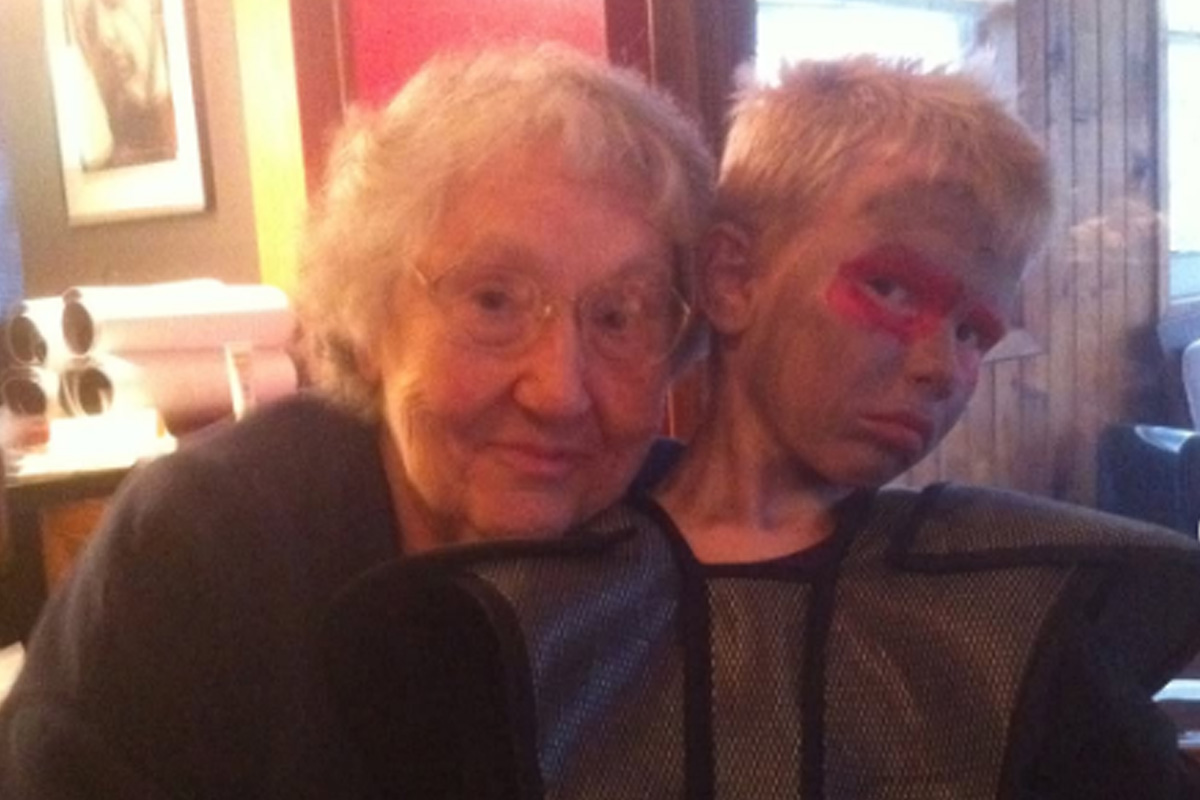
Corey’s childhood took a dark turn when, at just 10 years old, he was sexually abused by a 16-year-old neighbor. “I was raped by someone in the neighborhood,” Taylor recalls. “There was really only one person to kind of hang out with … he was this 16 year old kid. And he would invite me over to his house to play music, and one day it became something else.”
He didn’t tell anyone about it for years because his abuser threatened to hurt him and his mother.
The person who abused him later burned down his own house and disappeared. Corey carried the trauma for years even after he was gone. He finally opened up about it when he was around 18.
Drug Use and Homelessness
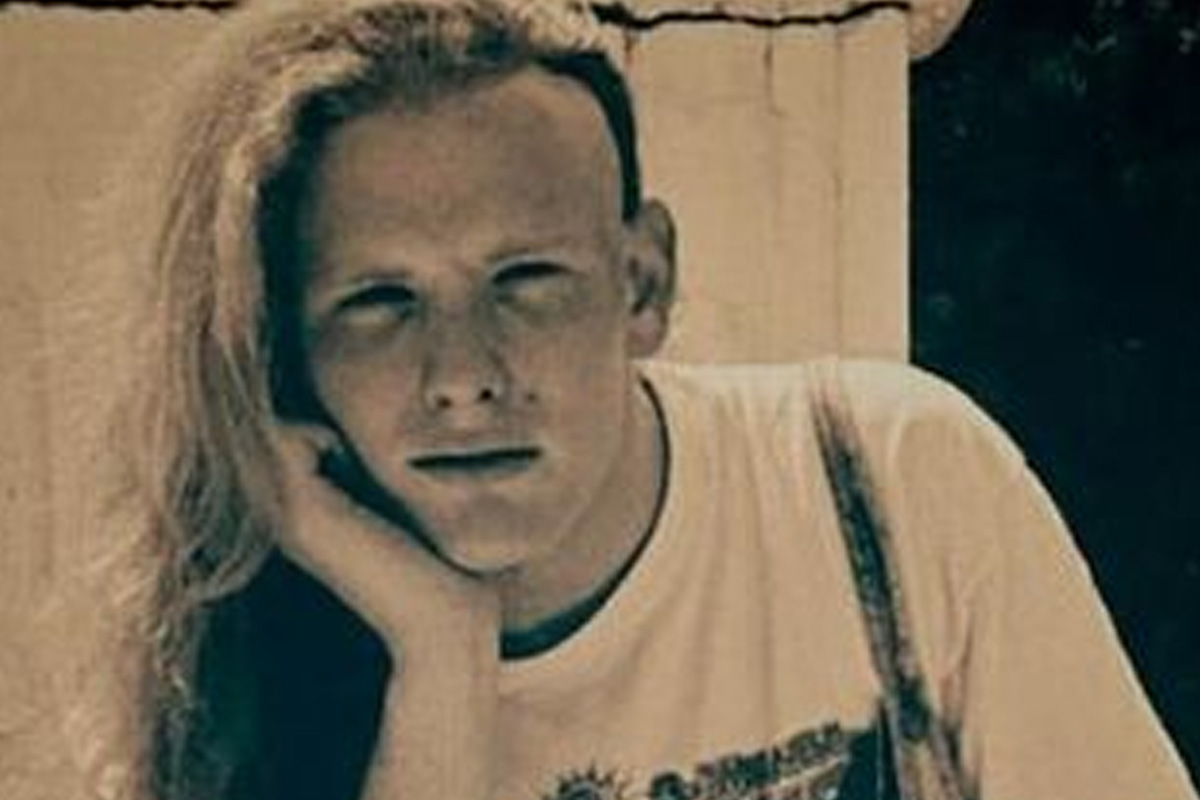
By the time Corey was 15 years old, he was addicted to drugs. He had already overdosed on cocaine twice. He was living in Waterloo, Iowa, during this time, but his addiction led him to make dangerous choices.
At one point, he ran away from home and ended up homeless. After overdosing, the people he was with left him in a dumpster, thinking he was dead. He was miles away from home when he woke up, without shoes or a shirt, with blood on his face. He had no choice but to walk back alone.
Living with His Grandmother
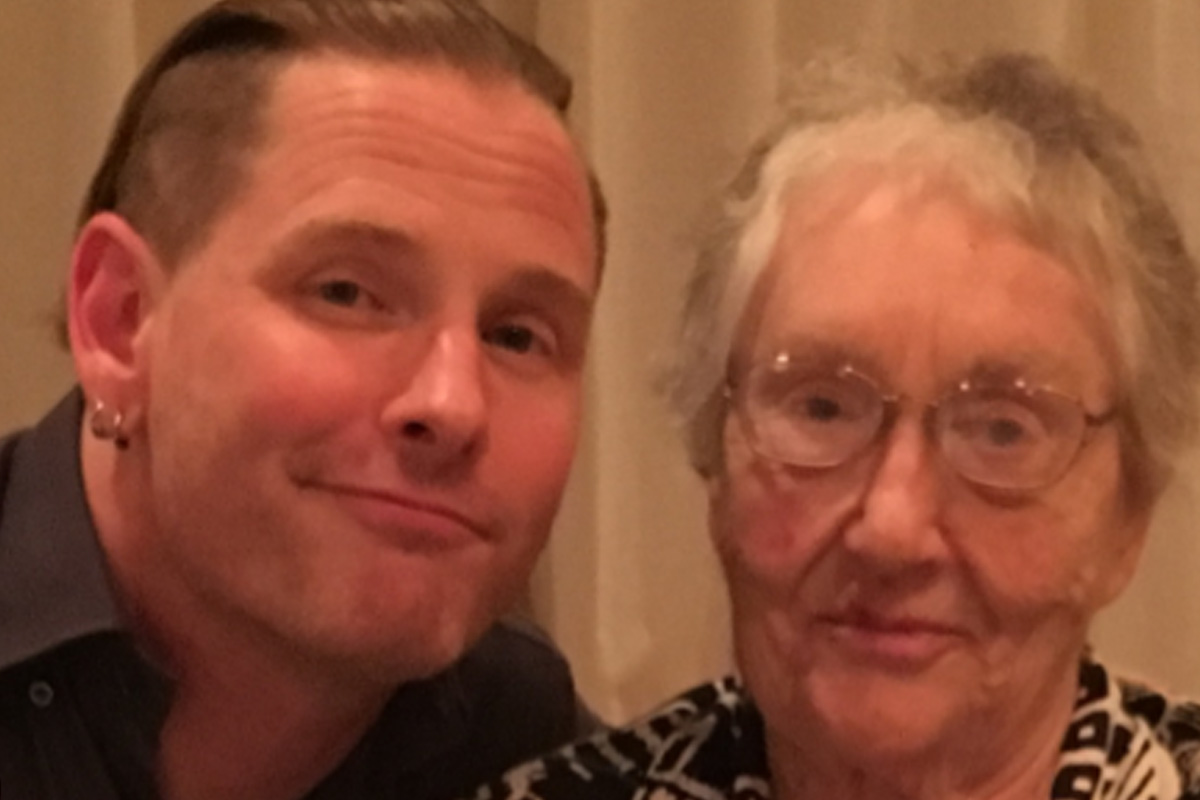
After his second overdose, Corey decided to return to Des Moines to live with his grandmother. She took legal custody of him so he could go back to school and even helped him buy musical equipment.
Although he tried to attend Lincoln High School in Des Moines, he struggled to keep up with his education. At times, he would get into fights with his grandmother, and she would kick him out of the house. He spent nights walking the streets with a trash bag full of clothes, waiting for morning so he could go to school. He eventually dropped out but later earned his GED (General Education Diploma).
Suicide Attempts and Mental Health Struggles
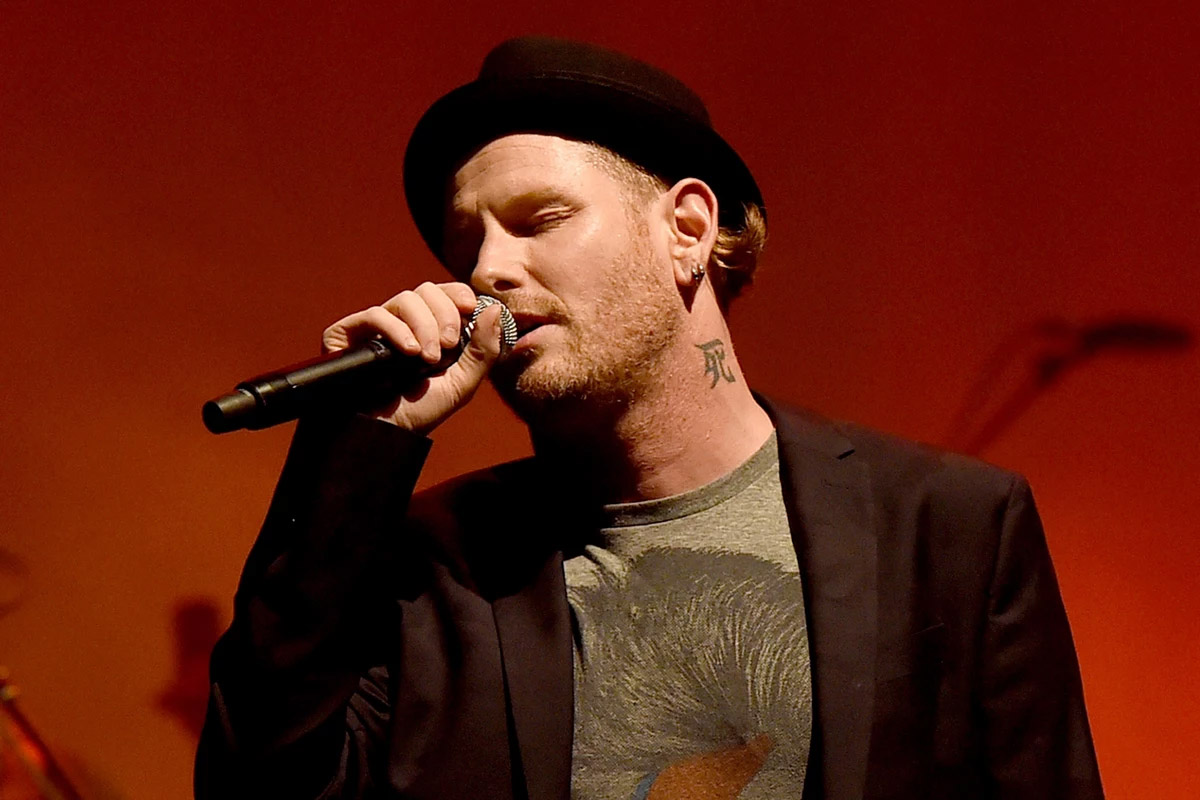
Corey battled with severe depression. At 18 years old, he attempted suicide by overdosing at his grandmother’s house. He lay on the floor, waiting for the pills to take effect, but his ex-girlfriend’s mother unexpectedly showed up. She found him just in time and rushed him to the hospital, and doctors saved his life.
Years later, in 2003, he nearly attempted suicide again by trying to jump off the eighth-floor balcony of The Hyatt on Sunset Boulevard. He first claimed that his wife, Scarlett, stopped him, but later he admitted that his friend Thom Hazaert physically pulled him back.
Scarlett later gave him an ultimatum — either get sober or she would annul their marriage. Before Stone Sour began recording ‘Come What(ever) May’ in 2006, Corey became sober.
Becoming a Father and Moving Forward
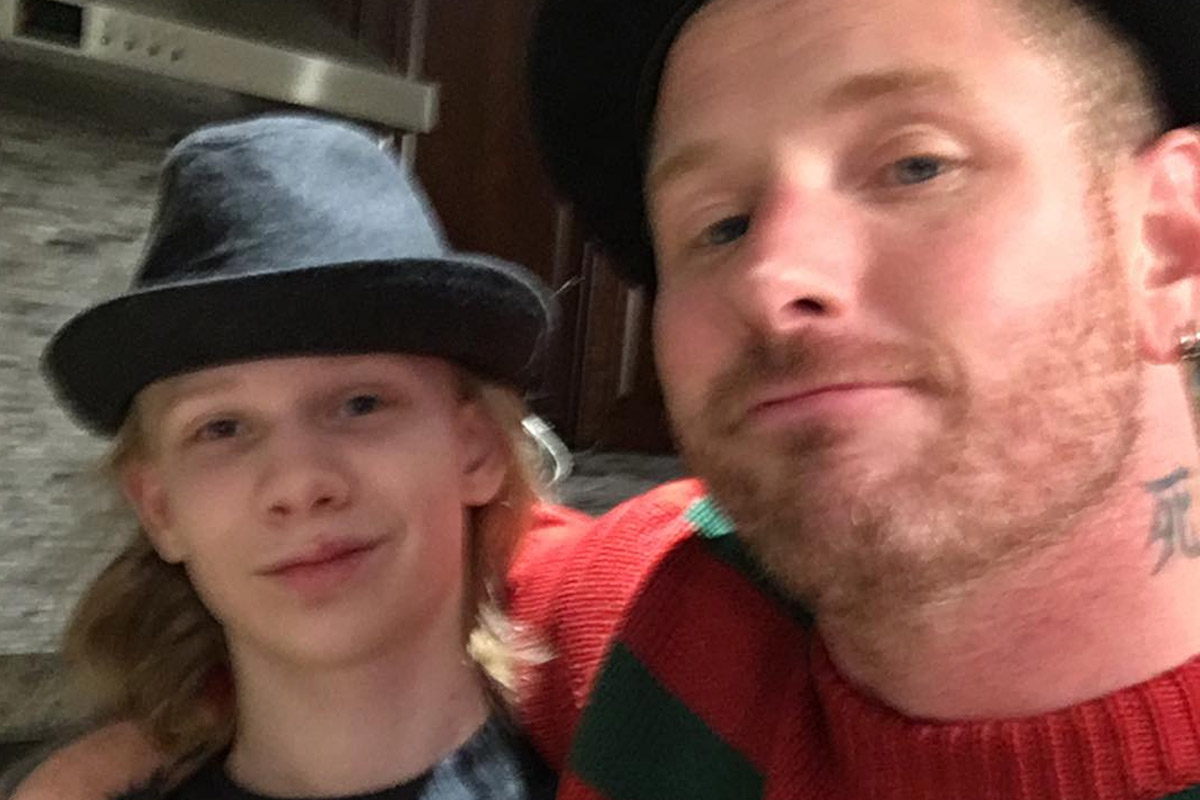
Corey eventually turned his life around. He speaks openly about how becoming a father helped him heal. He worked hard to ensure that his children would never go through what he experienced.
His music still carries the weight of his past, but today, he focuses on providing a stable life for his family. As he once said, “The darkness is some place I visit. I don’t live there.”


